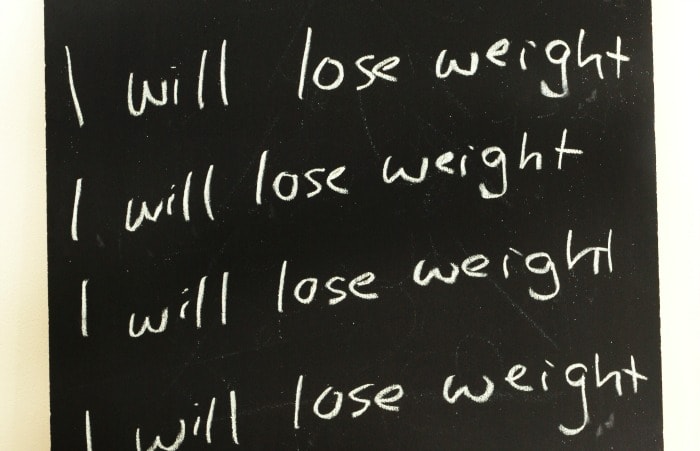The Skinny on HCG
It’s that time of year again; when weight loss goals are on the minds of many. And, though you may have heard of HCG being offered to help with shedding pounds quickly, it’s hard to know what to believe between the supporters and skeptics. Here’s what you should know: resolution
- HCG stands for human chorionic gonadotropin, a hormone produced by pregnant women to help with fetal growth. It is most commonly used to treat infertility.
- In the 1950’s, a physician who’d been working with obese patients throughout his career developed the HCG diet, which combined HCG injections with a 500-calorie diet to produce drastic weight loss in short periods of time with few side effects. The doctor believed that most obesity was caused by some type of hormonal imbalance and that HCG, which stimulated the production of other hormones, could help restore that balance.
- There are many variations of the HCG diet offered, but Pounds & Inches: A New Approach to Obesity by Dr. A.T.W. Simeons is the original.
- Those following the HCG diet typically lose between 15 and 20 pounds in three weeks.
- Most people following the HCG program report they don’t feel hungry.
- The HCG plan covers roughly 30 days, but after a few months’ break, one may cycle through the program again.
- The HCG diet has been in use for 60+ years.
- Thousands of people have had life-changing success following the HCG plan, despite the handful of medical studies that cannot show a significant weight-loss difference in subjects receiving HCG injections and those receiving a placebo while both groups followed the 500-calorie diet.
- A study presented in 2012 asserted that subjects following the HCG-aided weight loss program lost less muscle mass than the placebo-receiving group. And that may make all the difference!
- Muscle helps burn fat, so maintaining (or increasing) muscle mass is a definite advantage when it comes to weight loss. Other extreme calorie-restricted diets cause severe muscle loss, which lowers metabolism. But it appears HCG actually minimizes muscle loss, which not only helps with calorie burn but also is reported to decrease the fatigue often experienced with other very low-calorie diets.
- Pharmaceutical HCG, which must be prescribed by a licensed medical practitioner, is safe, though the FDA has denounced homeopathic or over-the-counter versions of HCG.
- To be effective, HCG must be delivered into the bloodstream via injections or sub-lingual tablets or drops, NOT introduced through the digestive system.
- Those following the HCG weight-loss program should be closely monitored by a health professional.
Please note: to maintain any type of weight loss, one must address any underlying psychological factors, as well as incorporate long-term lifestyle changes, including exercise, healthy eating, good sleep habits and stress-management.
Also, before starting any diet, always discuss weight loss programs with a physician or medical professional, to review any pre-existing medical issues and possible side effects.


